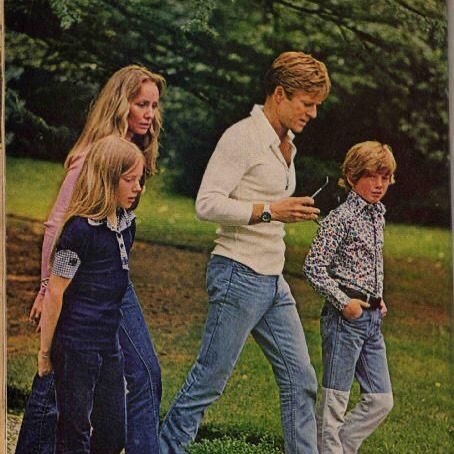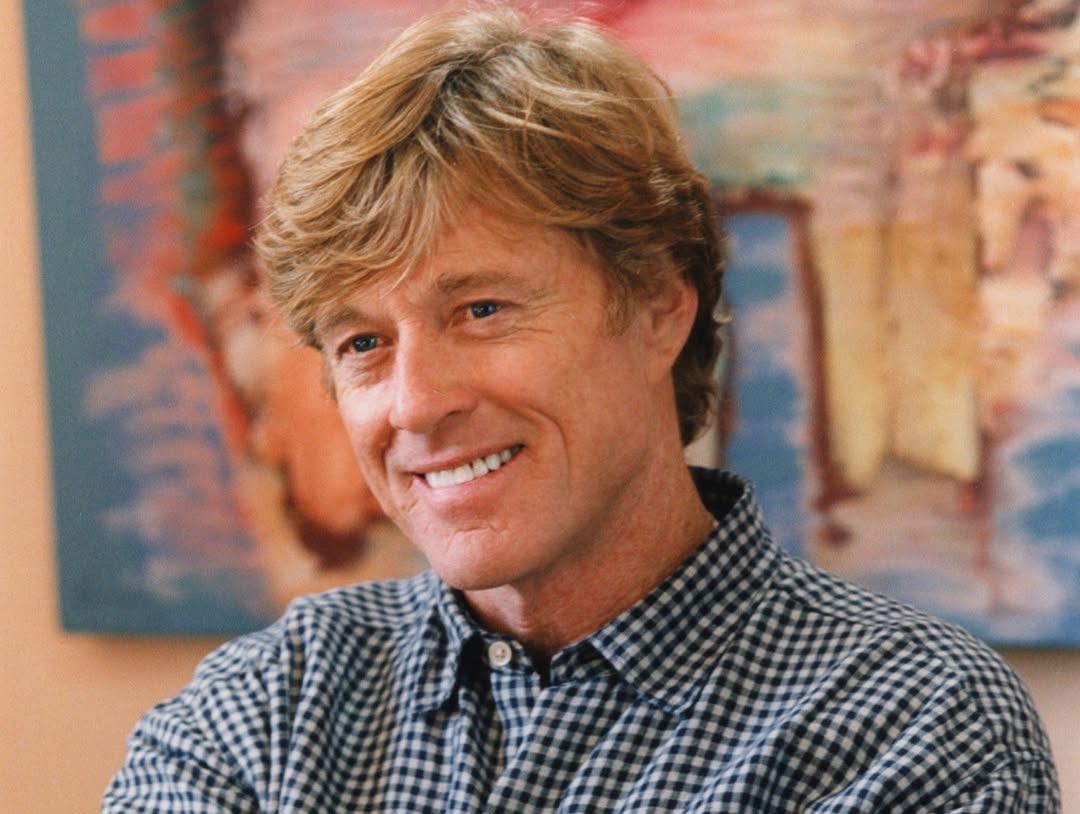Robert Redford: A Legacy That Transcends Hollywood — And Why His Daughter’s Voice Matters Today
A Career That Defined an Era
Robert Redford built a career that became inseparable from the story of American cinema. Throughout the 1960s and ’70s he emerged as the kind of leading man who carried both charisma and conscience, delivering performances that defined film for generations. From the outlaw charm of Butch Cassidy and the Sundance Kid to the razor-sharp intensity of All the President’s Men, he carved out a place that few actors ever reach: a talent adored by audiences and respected by filmmakers.
Yet Redford’s influence was never limited to acting. He stepped behind the camera as a director, producer and storyteller determined to give space to voices that didn’t always find a home in mainstream film. The creation of the Sundance Institute and Sundance Film Festival changed independent cinema forever, transforming it from a niche corner of the industry into a global cultural force. Entire careers were born through his belief that art thrives when risk, authenticity and new ideas are allowed to flourish.
Redford’s activism also shaped his legacy. He spoke openly about climate issues, environmental protection and the importance of civic responsibility, using his fame to drive attention toward causes he believed genuinely mattered. His work, on screen and off, was driven by a steady conviction that stories should mean something.
When he passed away in 2025 the industry mourned not only a beloved actor but the quiet moral compass he represented. The tributes were immense, sincere and global, a reflection of the depth of his impact.
The Daughter Who Spoke Up — And Why Her Words Hit Home
In the weeks following his death, Redford’s daughter, Amy Redford, found herself confronting a challenge that no grieving family should have to face. As AI-generated “tributes” and fabricated posts began circulating online, she stepped forward to call out the emotional harm caused by digital recreations created without consent.
Her message was simple but powerful: the family was grieving a father, not a public symbol. Watching artificially generated images and videos distort their mourning turned a private loss into something manufactured. For Amy, the issue wasn’t about technology itself, but about humanity being pushed aside in moments where compassion should matter most.
Her statement resonated widely, not only with fans but with people who have grown uneasy about how AI blurs the lines between memory, imagery and truth. At a time when grief can be reshaped into online content within minutes, her voice became a reminder that some experiences still deserve boundaries.
Why Redford’s Legacy Feels More Urgent Now
Robert Redford’s career stood for authenticity. He believed in honest storytelling, human emotion and the value of creativity that comes from lived experience. That belief feels especially relevant in a world shaken by synthetic media, where images and narratives can be manipulated instantly.
The tension his family is now facing is part of a much larger cultural conversation. How do we protect the legacies of public figures when technology can imitate them indefinitely? How do we honour their real work when their image can be repurposed without context or care?
Redford often championed the power of human stories. His daughter's warning may ultimately become part of that legacy a call for dignity and consent in the digital age.

The Family Behind the Legend
Robert Redford leaves behind his wife, his daughter Shauna, his daughter Amy and several grandchildren. Amy, who has led her own career as a director, producer and actor, has long shared her father’s passion for storytelling and the arts. Her advocacy today reflects not only a daughter’s grief, but the values he instilled across generations: honesty, integrity and respect for the truth.
A Lasting Reflection
Redford’s life reminds the world that artistry and conviction can coexist powerfully. His films continue to shape new generations of creators. His support for independent cinema transformed careers. His activism remains relevant in an era defined by environmental urgency.
And through Amy’s voice, his legacy now speaks to another pressing issue: the importance of protecting humanity in a digital world that can sometimes forget it.
Robert Redford’s story does not end with his filmography; it continues in the cultural questions his life and death now raise — questions about legacy, technology and the enduring value of authenticity.













